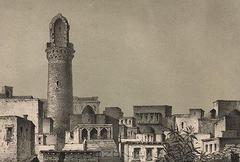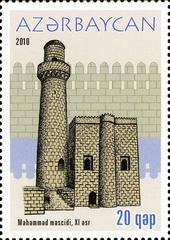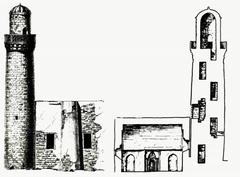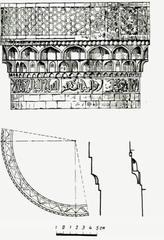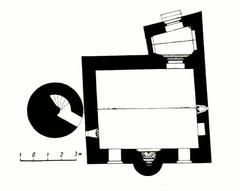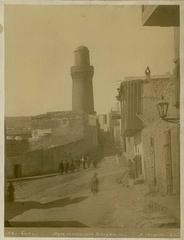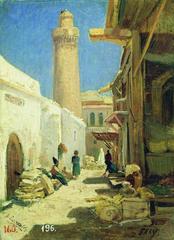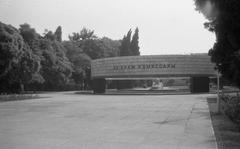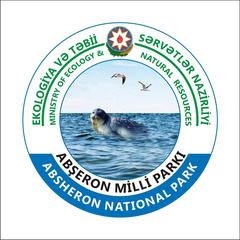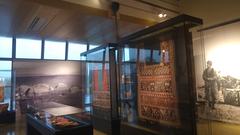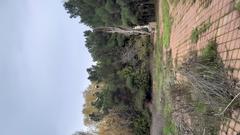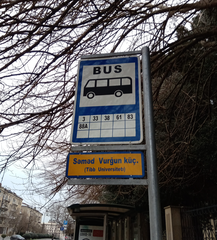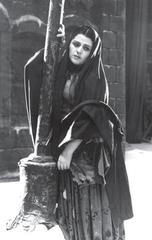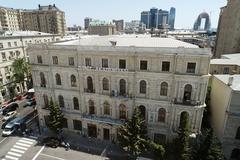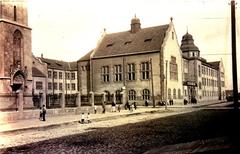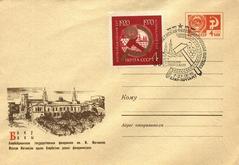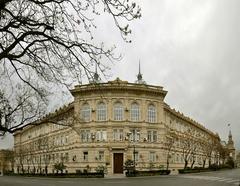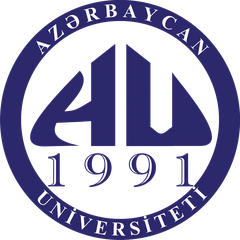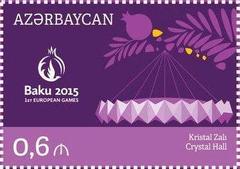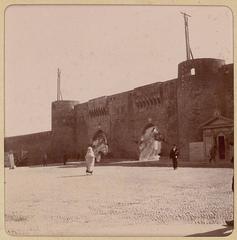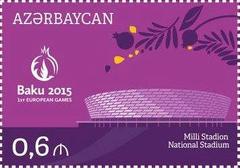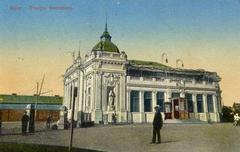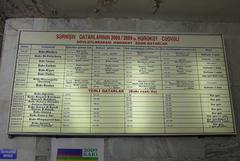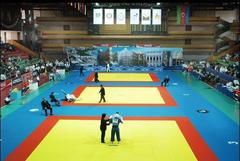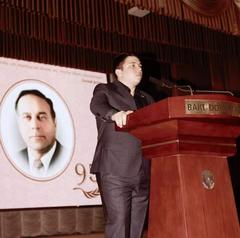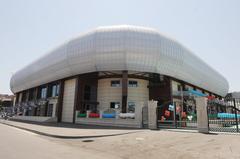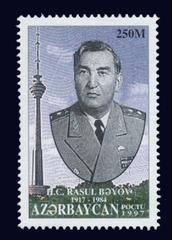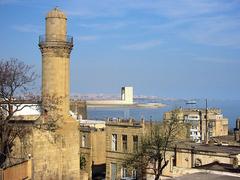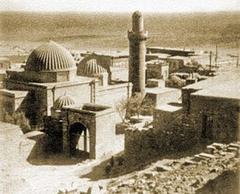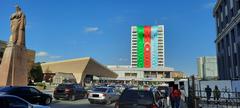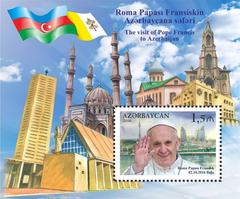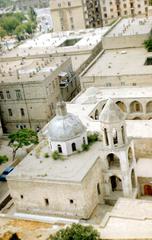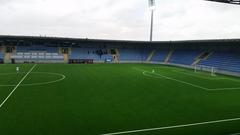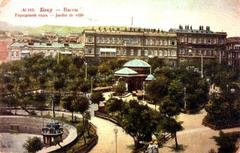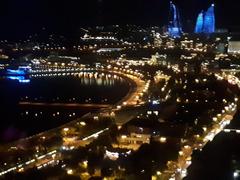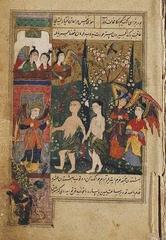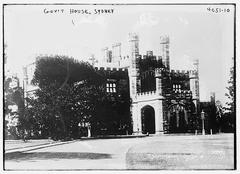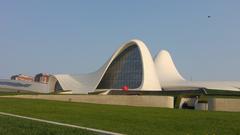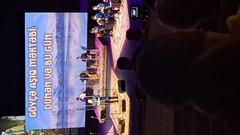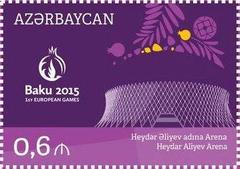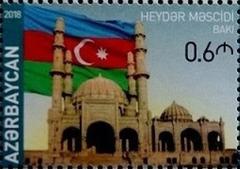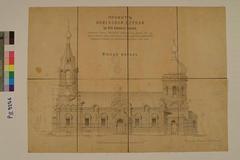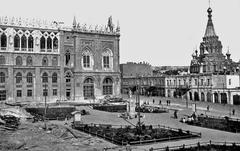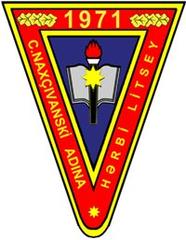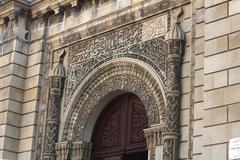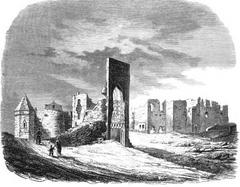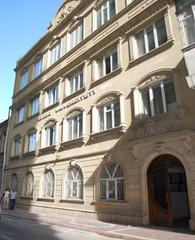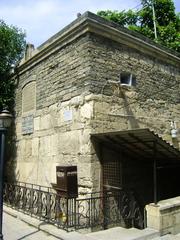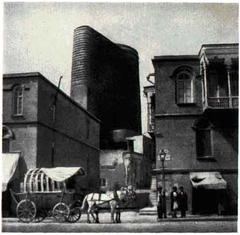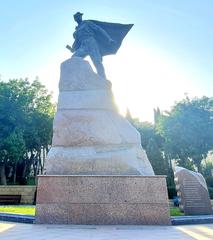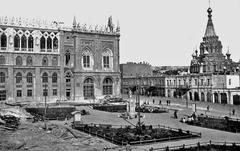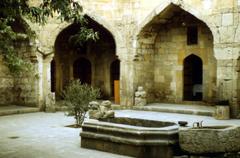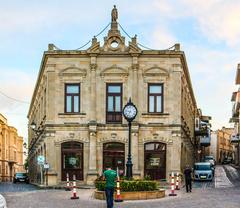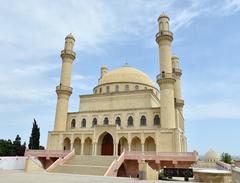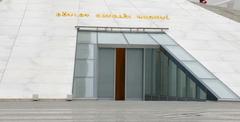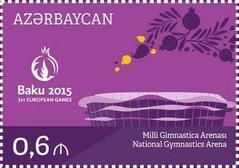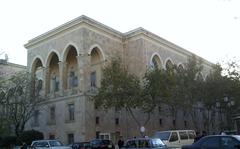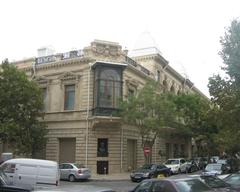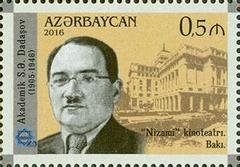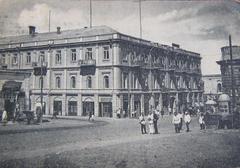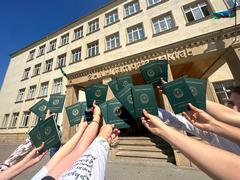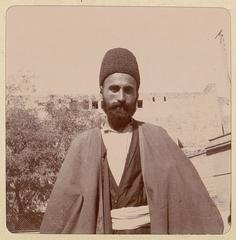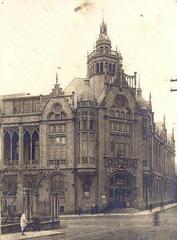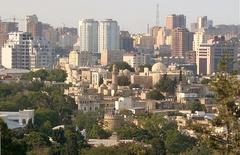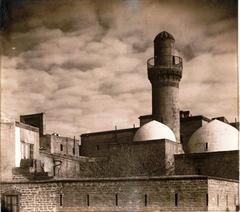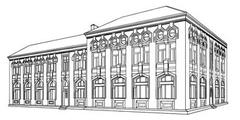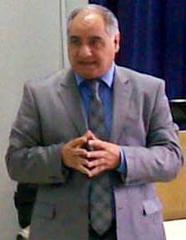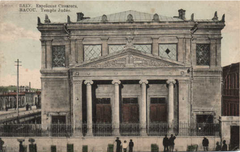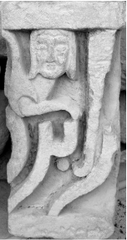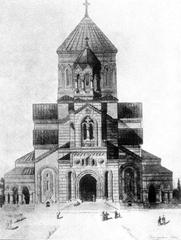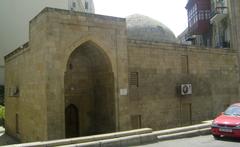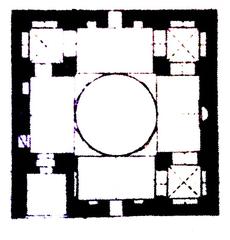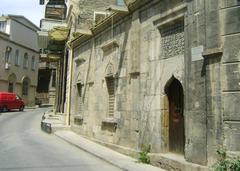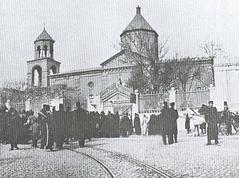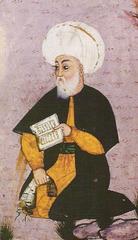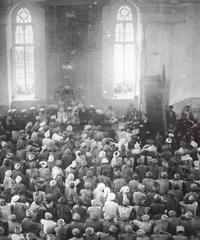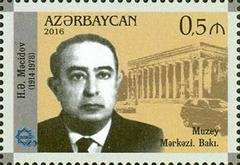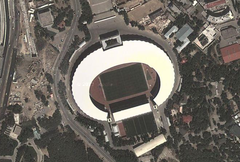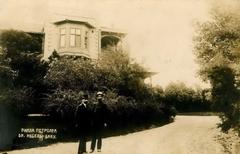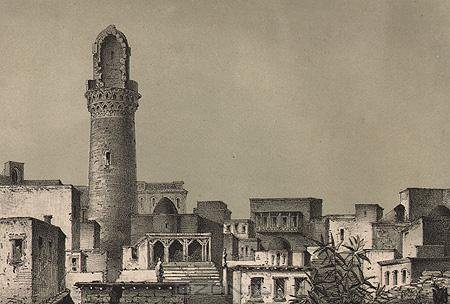
Muhammad Mosque Visiting Hours, Tickets, and Comprehensive Guide to Baku Historical Sites
Date: 14/06/2025
Introduction to Muhammad Mosque and Its Significance
Nestled within the UNESCO World Heritage-listed Old City (Icherisheher) of Baku, Azerbaijan, the Muhammad Mosque—locally known as Siniggala Mosque or “Broken Tower”—represents one of the oldest and most important Islamic monuments in the region. Originating in the late 11th century, this mosque exemplifies the architectural finesse of the Shirvan-Absheron school and stands as a symbol of resilience, notably through its partially damaged minaret, a relic of the 1723 Russo-Persian conflict. Over the centuries, the mosque has functioned as a spiritual, cultural, and social hub, reflecting Azerbaijan’s Islamic heritage and national pride. This guide presents a detailed overview of the mosque’s history, architectural features, religious and cultural significance, visiting hours, ticket policies, accessibility, and practical travel tips. Resources for guided tours, visual media, and nearby attractions are also included to enhance your exploration of this iconic landmark.
For further reading and official visitor details, see Azerbaijan Travel and Icherisheher State Historical-Architectural Reserve.
Table of Contents
- Historical Background
- Religious and Cultural Significance
- Visitor Information
- Artistic and Archaeological Highlights
- Special Events and Photographic Spots
- Frequently Asked Questions (FAQ)
- Conclusion & Call to Action
- References
Historical Background
Origins and Construction
The Muhammad Mosque was constructed in the late 11th century (circa 1078–1079 CE) during the Shirvanshahs dynasty (Azerbaijan Travel). Strategically located within the fortified walls of Icherisheher, its position reflected both religious and defensive considerations for the medieval city. The mosque is widely regarded as one of the oldest Islamic monuments in Baku and possibly Azerbaijan, marking the diffusion of Islam into the Caucasus (Discover Walks).
Architectural Features
The mosque is a prime example of the Shirvan-Absheron architectural school, characterized by the use of local limestone, pointed arches, and a compact rectangular prayer hall. Its minaret, although partially destroyed, features a Kufic inscription above the entrance, providing invaluable information about the mosque’s construction and its patrons (Visions of Azerbaijan). The interior is defined by understated geometric motifs, a mihrab oriented toward Mecca, and minimal ornamentation to preserve a serene worship atmosphere.
Events and the “Broken Tower”
In 1723, during the Russo-Persian War, Russian naval bombardment struck the mosque’s minaret, causing its upper section to collapse. The locals intentionally left the damage unrepaired, transforming the structure into a symbol of resistance and resilience—hence the name “Siniggala,” or “Broken Tower” (Azerbaijan National Academy of Sciences).
Restoration and Preservation
Restoration initiatives in the 19th and 20th centuries focused on stabilizing the mosque, preserving original stonework, and maintaining key architectural features such as the mihrab and minaret. These efforts were critical in safeguarding the mosque from environmental threats and urban development while keeping its historic character intact (Icherisheher State Historical-Architectural Reserve).
Religious and Cultural Significance
Role in Icherisheher
The Muhammad Mosque is centrally located within Baku’s Old City, close to landmarks like the Maiden Tower and the Palace of the Shirvanshahs. Historically, it has been a spiritual and social nucleus for the Old City’s residents and continues to play a vital role in community life (Icherisheher Official Site).
Community Life and Rituals
The mosque serves as an active place of worship, hosting five daily prayers and weekly Friday congregational prayers (Jumu’ah). During key Islamic festivals such as Ramadan and Eid al-Fitr, it becomes a hub for communal prayers, Quranic recitations, and iftar meals. Its role extends beyond worship to include religious education and the preservation of oral traditions, with local guides and elders sharing stories about the mosque’s history and legacy.
Visitor Information
Hours and Tickets
- Visiting Hours: The mosque is generally open daily from 9:00 AM to 6:00 PM. Access may be restricted during prayer times, especially on Fridays and religious holidays.
- Entry Fee: Entry is free for individual visitors, but donations for maintenance are appreciated. Some comprehensive Old City guided tours may include a small fee for bundled access to multiple sites.
- Guided Tours: Many local tour providers feature the mosque in their itineraries. Guided tours offer in-depth historical and cultural context and can be booked in advance (Wander-Lush).
Dress Code and Etiquette
- Dress Modestly: Women are expected to cover arms, legs, and hair (bring a headscarf), while men should avoid shorts and sleeveless shirts.
- Remove Shoes: Shoes must be taken off before entering the prayer hall; racks are provided.
- Behavior: Maintain a quiet, respectful demeanor, avoid loud conversations, and silence mobile phones.
- Photography: Allowed, but always request permission before photographing worshippers or ceremonies. Flash photography and posed selfies are discouraged.
Accessibility and Travel Tips
- Getting There: Muhammad Mosque is in the pedestrian-friendly Old City, easily reachable on foot or via Baku Metro (Icherisheher station), taxi, or from nearby hotels.
- Mobility: The cobblestone streets can be challenging for those with disabilities, and the mosque itself lacks dedicated ramps. Contact staff or local tour operators for assistance if needed.
- Safety: The area is safe, with a visible police presence. Usual precautions apply, especially in crowds.
Artistic and Archaeological Highlights
The mosque’s exterior is adorned with an important Kufic Arabic inscription above the northern entrance, offering rare epigraphic evidence from the early Islamic period in the Caucasus. The interior’s geometric stonework and restrained decorative motifs are hallmarks of the Shirvan-Absheron style, enhancing the spiritual ambiance (Discover Walks). Archaeological studies have also revealed the precision of the original masonry and the mosque’s resilience through centuries of turmoil.
Special Events and Photographic Spots
- Events: During major Islamic holidays and during Ramadan, visitors may witness special prayers and communal gatherings.
- Guided Tours: Scheduled walking tours of Icherisheher often include insightful stops at Muhammad Mosque.
- Photography: The mosque’s courtyard and its iconic minaret—especially illuminated by natural light—make for excellent photographs. Always observe local etiquette regarding photography.
Frequently Asked Questions (FAQ)
Q: What are Muhammad Mosque visiting hours?
A: Open daily from 9:00 AM to 6:00 PM; closed during prayer times, particularly Fridays and religious holidays.
Q: Is there an entrance fee?
A: No. Entry is free; donations for mosque upkeep are appreciated.
Q: Can tourists enter the mosque?
A: Yes, outside of prayer times and if dressed modestly.
Q: Is photography allowed?
A: Generally yes, but ask permission before photographing people or religious events.
Q: Is Muhammad Mosque accessible for individuals with disabilities?
A: The mosque is on a single level, but cobblestone streets may pose challenges. Assistance can often be arranged through staff or guides.
Conclusion & Call to Action
Muhammad Mosque, with its rich historical legacy and enduring spiritual significance, offers visitors a profound connection to Baku’s Islamic and cultural heritage. By following visitor guidelines on dress, etiquette, and timing, you can enjoy a peaceful and enlightening experience at one of Azerbaijan’s most cherished landmarks. Combine your visit with other Old City attractions for a comprehensive glimpse into Baku’s vibrant past and present.
For more detailed guides and up-to-date information on Baku’s historical sites, download the Audiala mobile app. Stay informed about visiting hours, events, and cultural experiences, and follow us on social media for exclusive travel tips and insights.
References
- Azerbaijan Travel – Muhammad Mosque
- Discover Walks – Top 10 Remarkable Mosques to Visit in Azerbaijan
- Icherisheher State Historical-Architectural Reserve – Muhammad Mosque
- UNESCO World Heritage Centre – Baku Old City
- Azerbaijan National Academy of Sciences – Muhammad Mosque Historical Context
- Wander-Lush – Best Things to Do in Baku
Explore related sites: Palace of the Shirvanshahs, Maiden Tower
